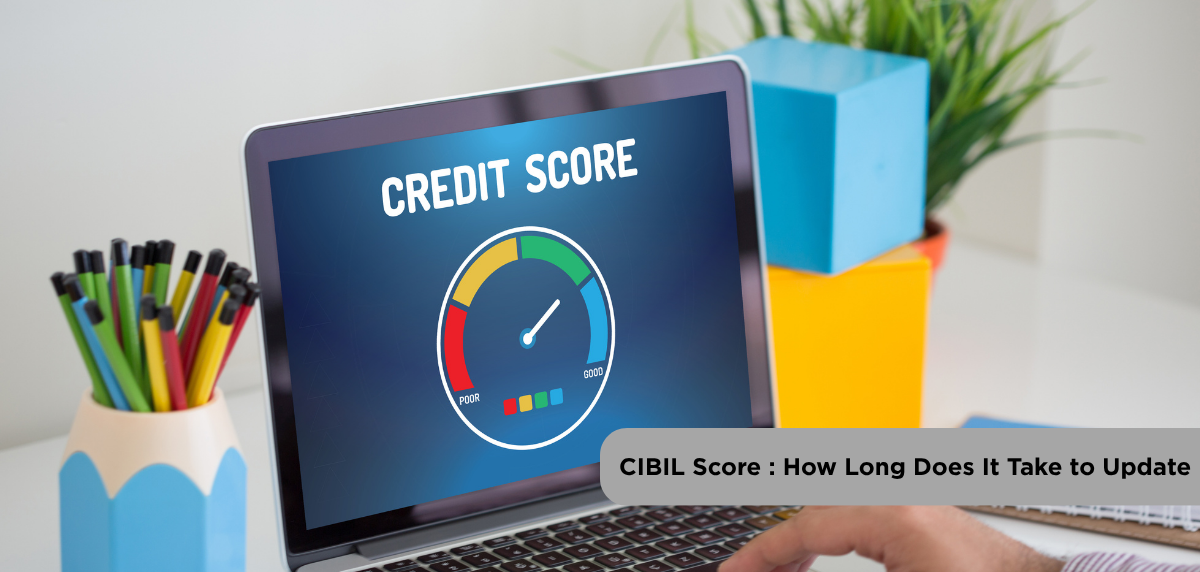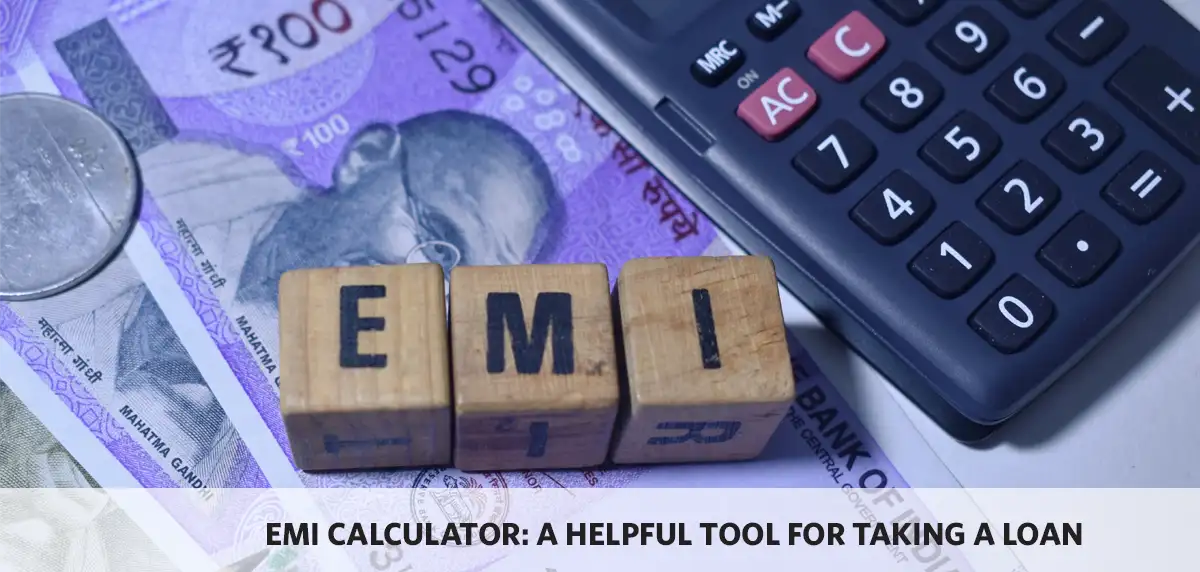Being India’s most trusted benchmark for consumer credit behaviour, the score levied by Credit Information Bureau India Limited serves as an indicator to determine an individual's creditworthiness. This makes understanding the timeline for CIBIL score updates crucial for anyone actively managing their financial health while building a sound credit profile.
The question "Does CIBIL score change every day?" is common among credit-conscious consumers who are eager to see positive changes in their credit profile. The truth is that it doesn't.
Let’s understand the intricate mechanisms of the CIBIL report update date, the factors influencing these changes and actionable strategies that you can leverage to build a strong credit score.
Understanding the CIBIL Score
A CIBIL score is a three-digit number that summarises your credit history and financial behaviour patterns. This score is meticulously calculated using comprehensive data found in your CIBIL Report, also referred to as the Credit Information Report (CIR). It gives lenders a complete picture of how you handle credit. However, it's important to note that a CIR does not include details about your savings accounts, investment plans (portfolios), or fixed deposits, as these are not credit-related financial products.
Essentially, the CIBIL scores update ranges between 300 and 900, with higher scores indicating better creditworthiness. Most lenders consider scores above 700 as good. Scores above 750 are excellent and help secure loans with better interest rates.
How Often in Days Does It Take to Update a CIBIL Score?
The typical timeframe or days to update a CIBIL score ranges between 30 and 45 days. This timeline can vary based on several institutional factors and reporting schedules. The Credit Information Bureau India Limited (CIBIL) collects and processes data from various lenders such as banks, non-banking financial companies (NBFCs), credit card companies, and other lending institutions.
These institutions regularly submit the account information and payment data to CIBIL. The data is then compiled and processed through sophisticated algorithms, to generate an updated credit score for each individual.
The CIBIL report update date can vary significantly on the basis of when your creditors report your account activity. Different financial institutions have varying reporting schedules, with some submitting data monthly while others report on different cycles. Hence, this makes the question, “Does CIBIL score change every day?” obsolete.
A CIBIL score typically increases gradually rather than dramatically, based on individual credit activities, overall credit utilisation, payment history, and the specific changes made to your credit profile.
What Are the Factors That Lead to a CIBIL Score Update?
The CIR documents your credit payment history across different loan types and financial institutions over time.
Dispute Resolution
When you spot an error or want to challenge a miscalculation in your score, you can file a dispute. The investigation process can take up to 90 days to complete, after which your score is updated.
Loan and EMI Payments
Your score updates on the basis of your payment history, which is reported by lenders to CIBIL every month or every 45 days. Consistent, on-time payments improve your score, while missed or delayed payments lower it.
Credit History and Diversity
A longer credit history and a mix of credit types (like loans and credit cards) positively influence your score. Keeping older, positive accounts open is beneficial.
Major Credit Events
Events like missing payments, paying off a loan, or opening a new credit card all trigger immediate score recalculations. Negative events can cause a sharp drop in your score that takes months to recover from.
Hard Enquiries
When you apply for new credit, a hard inquiry is recorded, which can temporarily lower your score. Multiple applications in a short time can have a larger negative impact.
6 Ways to Build a Good CIBIL Score
Building and maintaining a favourable CIBIL score needs consistent attention to detail. Following the right tips to improve your CIBIL score ensures that your financial health remains strong and reliable.
1. Pay Your Bills on Time
Timely payments of credit card bills, EMIs, and even utility dues minimise negative reporting. Many people set up automated reminders or online payments to avoid missing due dates.
2. Pay Down Debt Strategically
Focus on strategic debt reduction by tackling high-interest debt first, as it reduces your overall financial burden. In addition, keep your credit utilisation below 30% for each credit line. This is one of the most integral steps when learning how to improve your credit score.
3. Diversify Credit Type
Holding an assortment of credit (for instance, an active credit card, a car loan, and perhaps a mortgage) demonstrates an ability to handle multiple forms of credit. However, apply for new credit thoughtfully and only when needed.
4. Limit New Enquiries
Too many new credit applications signal higher borrowing risk. Space out your credit requests to avoid multiple hard enquiries, which can otherwise put stress on your CIBIL score update.
5. Check and Correct Errors
Regularly examine your credit reports to look for inaccuracies through free tools to Check CIBIL Score. Make multiple payments per month if necessary to keep balances low. Unresolved misreporting can stall your score’s improvement.
6. Don't Close Old Accounts
Keep old credit accounts open, even if you don't use them frequently. The length of your positive credit history is a significant factor in your score.
Whether you check free CIBIL score portals or use investment calculators to plan your overall finances, the core principle remains the same. Ensure you practise disciplined credit line, monitor your credit behaviour, and resolve errors swiftly. By following these principles, you can steadily cultivate a robust credit score.





















